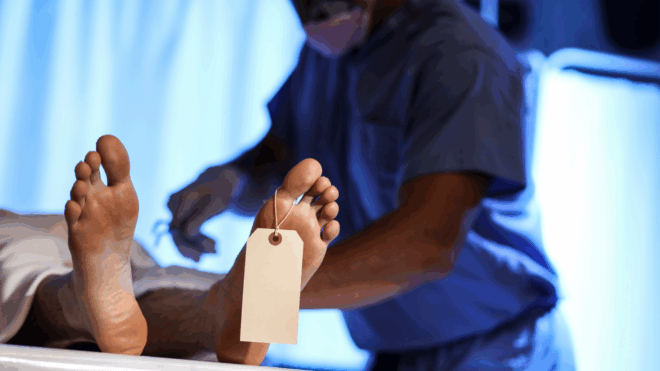Have you ever tried acupuncture before?
It's said to help relieve pain and stress, and it's even sometimes used in the treatment of cancer, according to the Cancer Treatment Centers of America. While doctors and health professionals don't all agree on the benefits of acupuncture, there is something to be said for how many folks swear by the ancient Chinese method of healing.
Many are afraid to try acupuncture because it entails someone sticking a bunch of needles into your body. If you are afraid of needles, that might sound like a complete nightmare. However, after reading these 11 facts about acupuncture, you may be willing to face your fears.
But, how does acupuncture work? It's all about pressure points. It's based on traditions and intuition after a thorough examination by the acupuncturist. Though research hasn't necessarily been all that extensive or conclusive, the practice lives on and produces many a happy customer, like this dog patient.
What are the risks? Acupuncture is very safe when administered by a trained professional in a sanitary environment. Risk of infection comes along with malpractice, so make sure you do your research when choosing who to visit.
These 11 things are great to know if you are thinking of trying out acupuncture as an alternative medicinal practice.
Please SHARE with your family and friends on Facebook if you think they'll be interested to be in the know, too!
1. It Is A Form Of Alternative Medicine
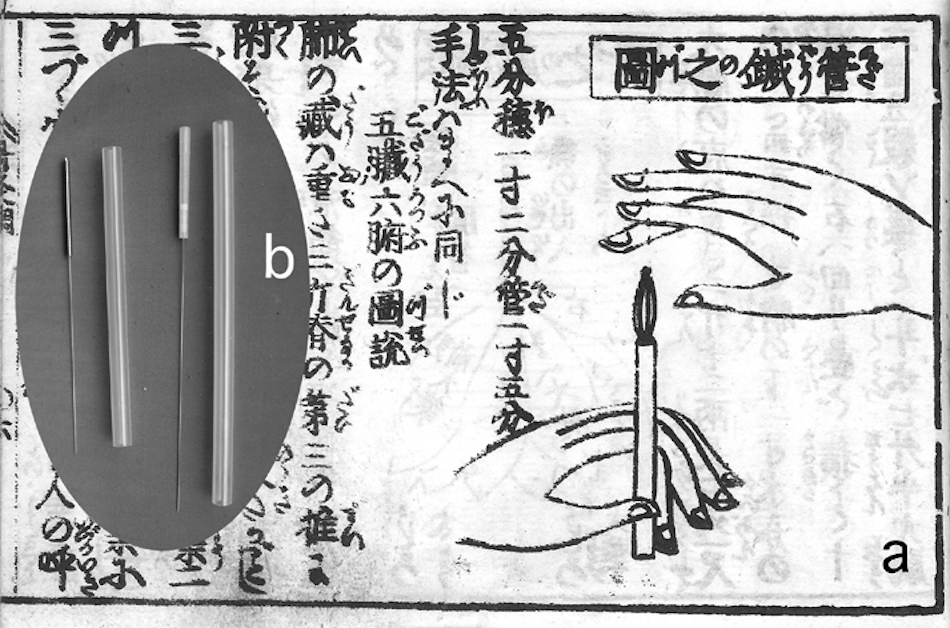
Acupuncture is not entirely based on scientific research, but it is a pseudoscience, which is a claim that is completely plausible scientifically, just not yet completely proven. Acupuncture is said to work by applying pressure to key points on the body to relieve pain or stress.
2. It's Best To Eat Before An Appointment
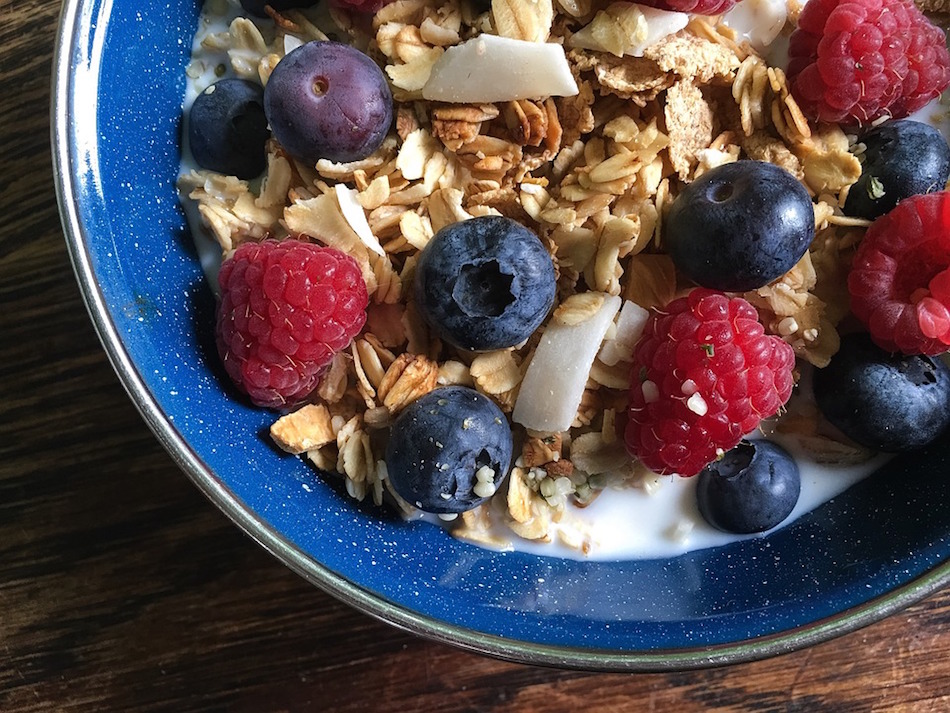
You don't need to have a full meal, but it's definitely better to have at least a snack to fuel up your body beforehand. You'll need a bit of energy to be able to maximize the effects of the acupuncture, and if you don't have a bit of fuel in your tank you may feel lightheaded or dizzy.
3. You Should Expect To Be Touched
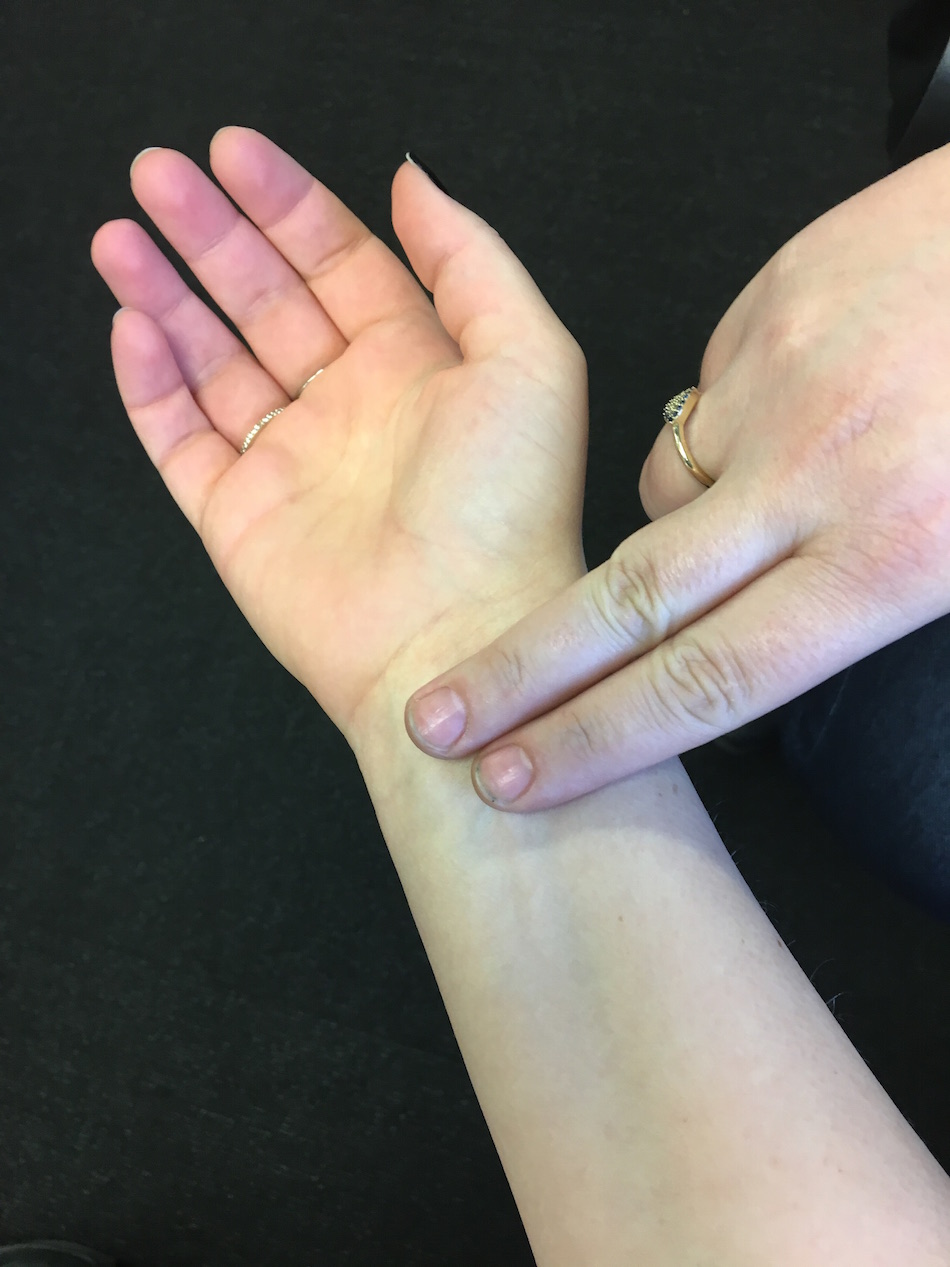
Acupuncturists want to be able to give you the best treatment possible, so they are likely to take your pulse, examine your tongue, and feel around your abdomen, according to Dr. Maoshing Ni. These are all ways to find out what's going on with your general health, and they use the information they gather to give you the best customized treatment.
4. Your Needles Will Be Brand New
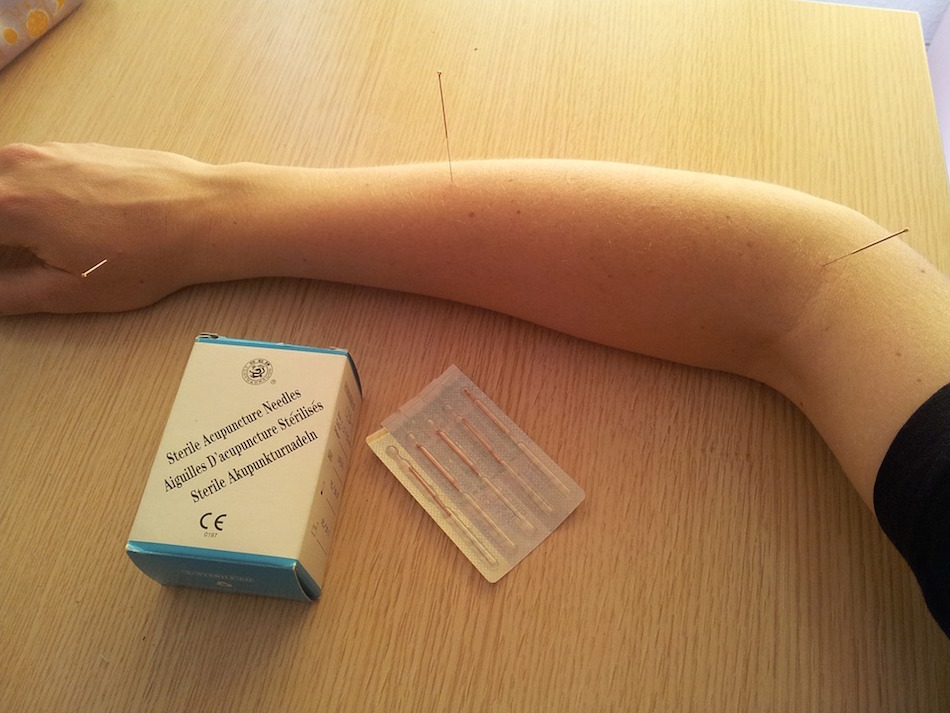
The FDA requires that acupuncture needles be labeled for single-use only, so if you are getting acupuncture in the United States, your needles will be completely brand new and sterile. If you are worried about it, though, you can always make sure to watch as your acupuncturist is preparing the needles to check that they are opening unsealed packages.
5. The Needles Are Teeny Tiny
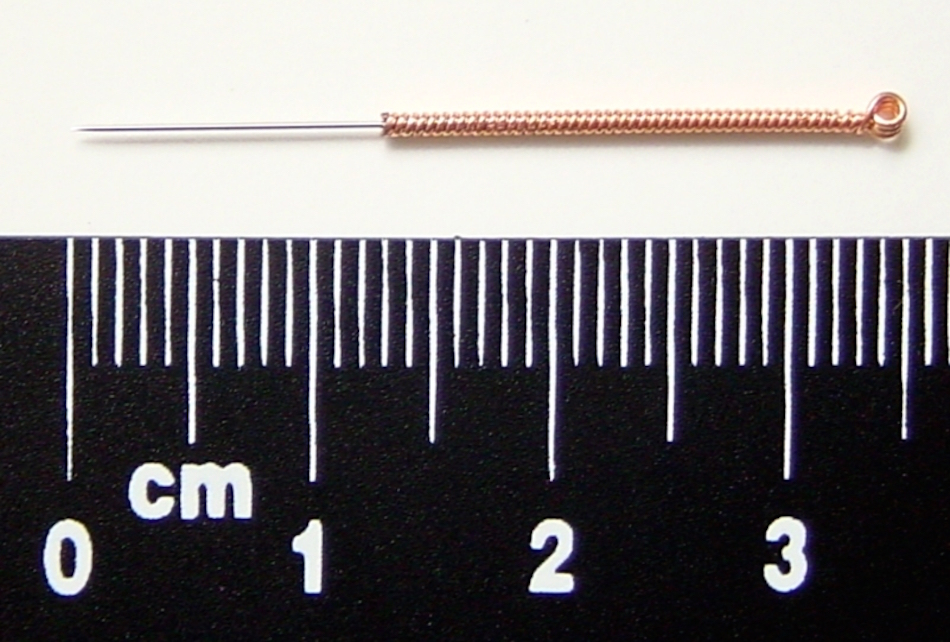
Acupuncture needles are so much smaller than the needles used for injections, as they don't have to be hollow. Some needles are even thinner than human hair, while most standard acupuncture needles are the width of just a couple of strands of human hair, about 0.22-0.30mm in diameter.
6. You'll Be Asked Intimate Questions
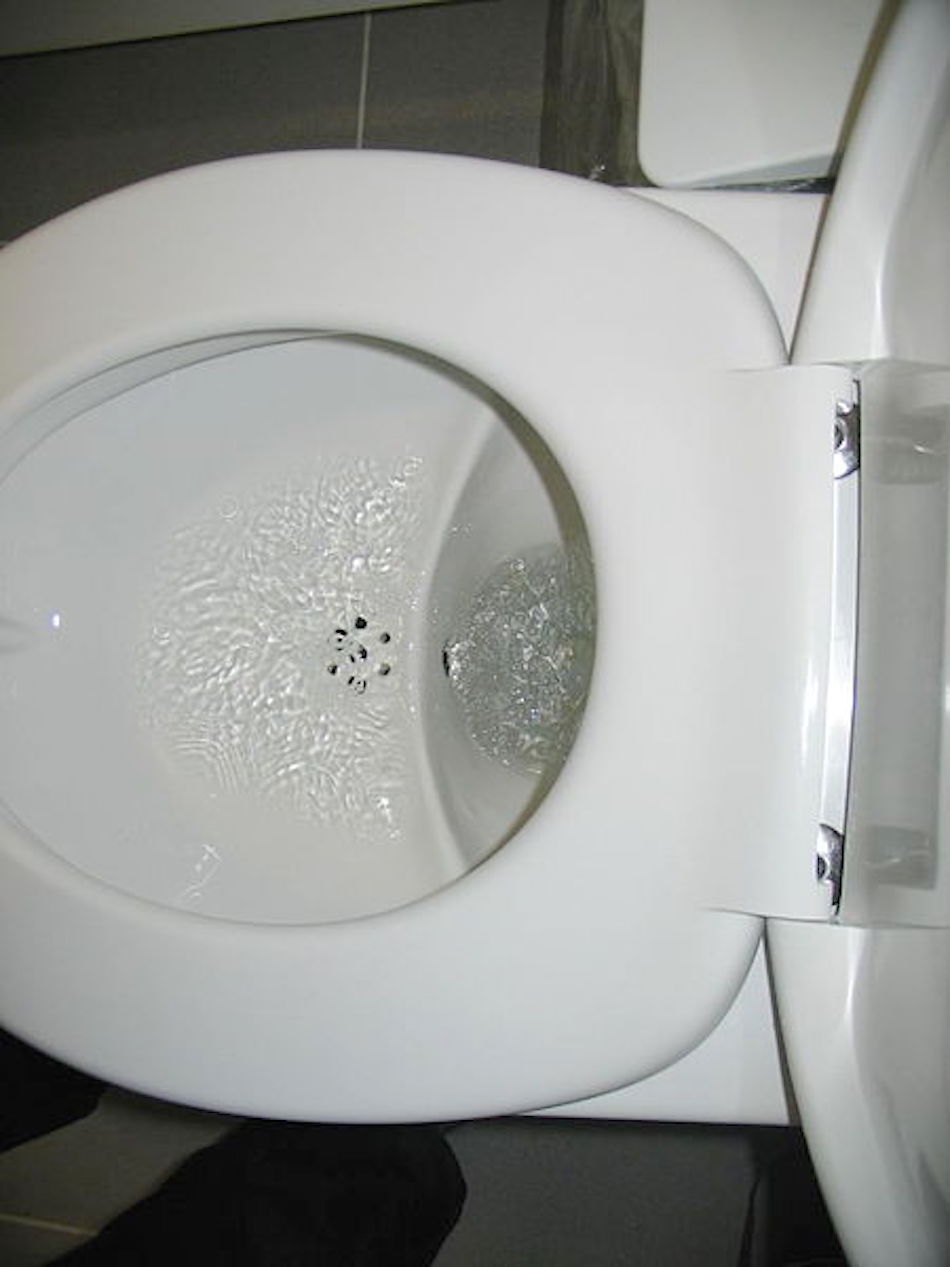
Just like when you go to the doctor's office for a checkup, your acupuncturist will want to know the details about your daily health. You'll most likely be asked about your bowel movements, urination, menstrual cycle, or other bodily functions that relate to your general well-being.
7. You Will Not Have To Be Totally Naked
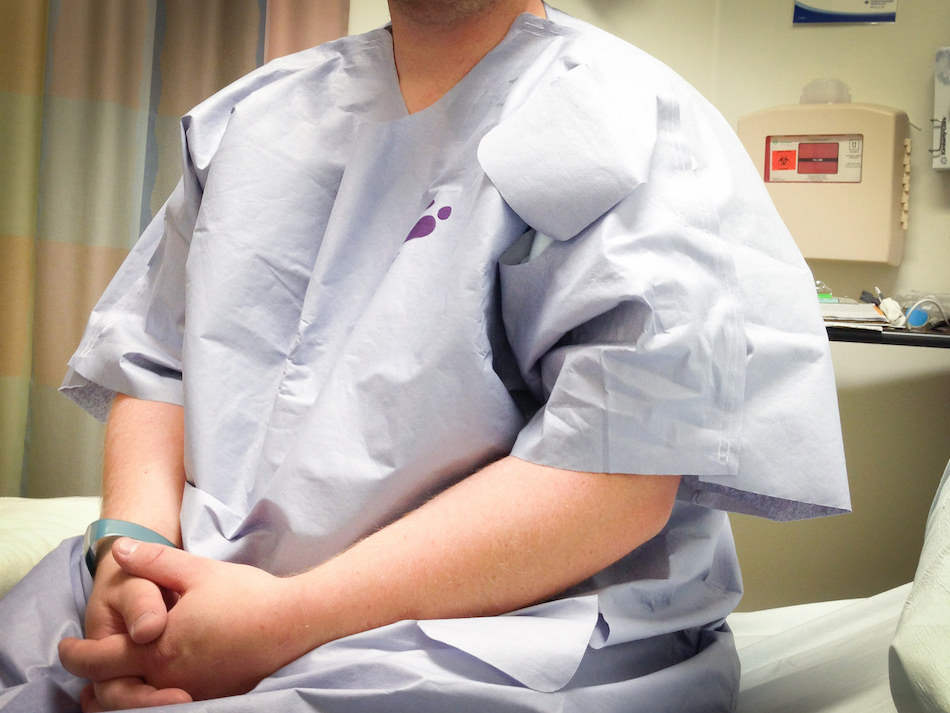
According to Living Well Acupuncture, unlike receiving a massage, where you have to completely disrobe, you can wear loose-fitting clothing to an acupuncture appointment. Most likely, you will just have to roll up your sleeves or pant legs. Some places do offer medical robes for easy access to your back, but you will always be covered by something.
8. The Needle Can Go Pretty Deep
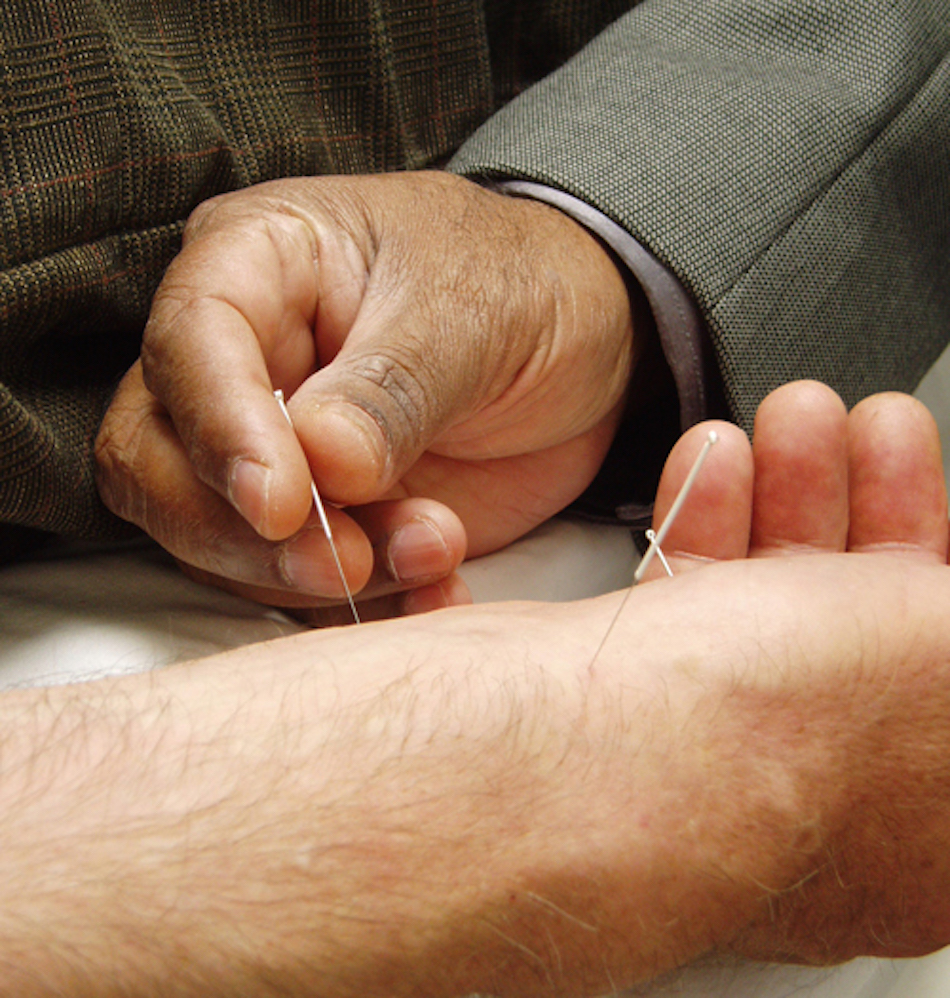
Not to scare you off, but depending on body type, the needle can be inserted anywhere from a quarter-inch deep to five inches deep. This all depends on how much fatty tissue there is to get past to reach the desired pressure point. However, even when inches deep, most people don't even feel the needles because they are so incredibly thin.
9. You Can Still Go If You Are Sick
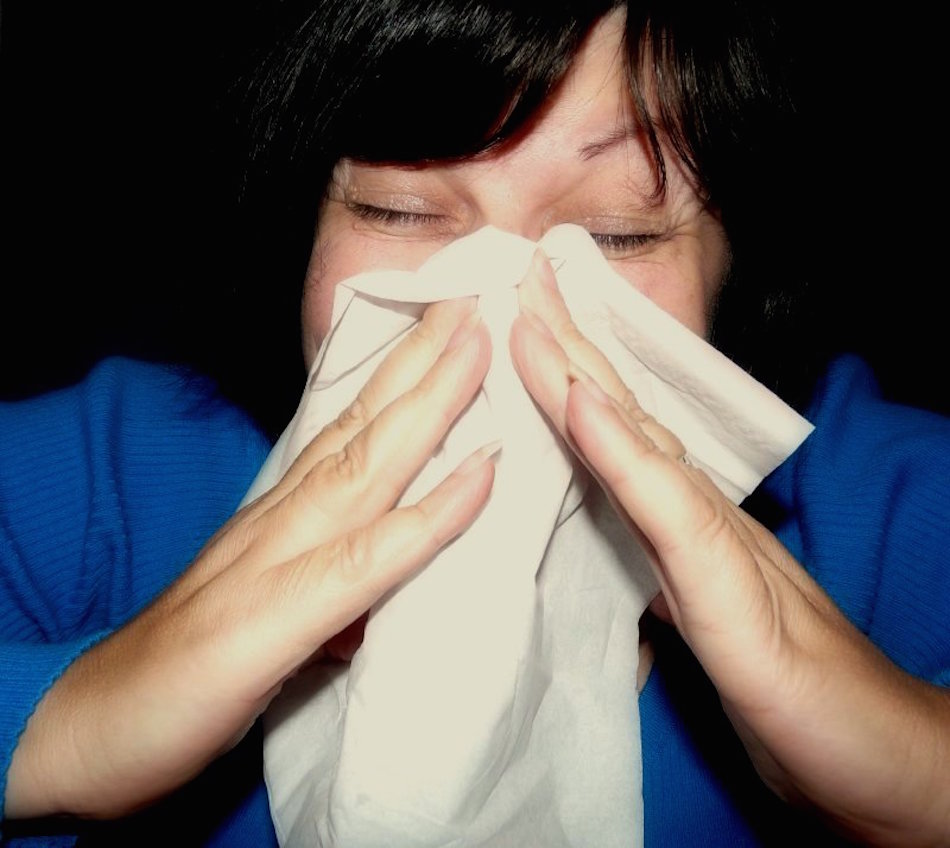
If you are bed-ridden, it is probably best to stay home, but if you have a cold or a slight fever, it can be beneficial to show up to your acupuncture appointment. According to Nava Health and Vitality Center, acupuncture has been found to help treat colds, infections, neurological disorders, mental disorders, and skin diseases, to name just a handful of the benefits.
10. You Should Call Your Insurance Provider
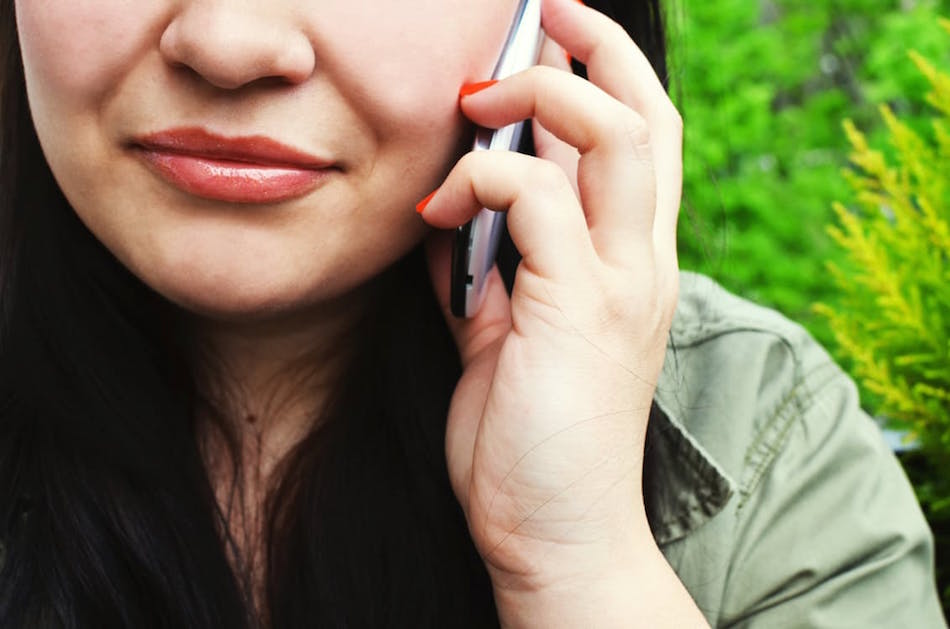
Some insurance providers are beginning to cover acupuncture treatments, although they are mainly on the west coast. It never hurts to give a call and see if your treatment might be covered, or at least partially covered before you rule out the cost of an appointment. Appointments typically cost anywhere from $50 to $95, before possible insurance coverage.
11. Scheduling Is Key
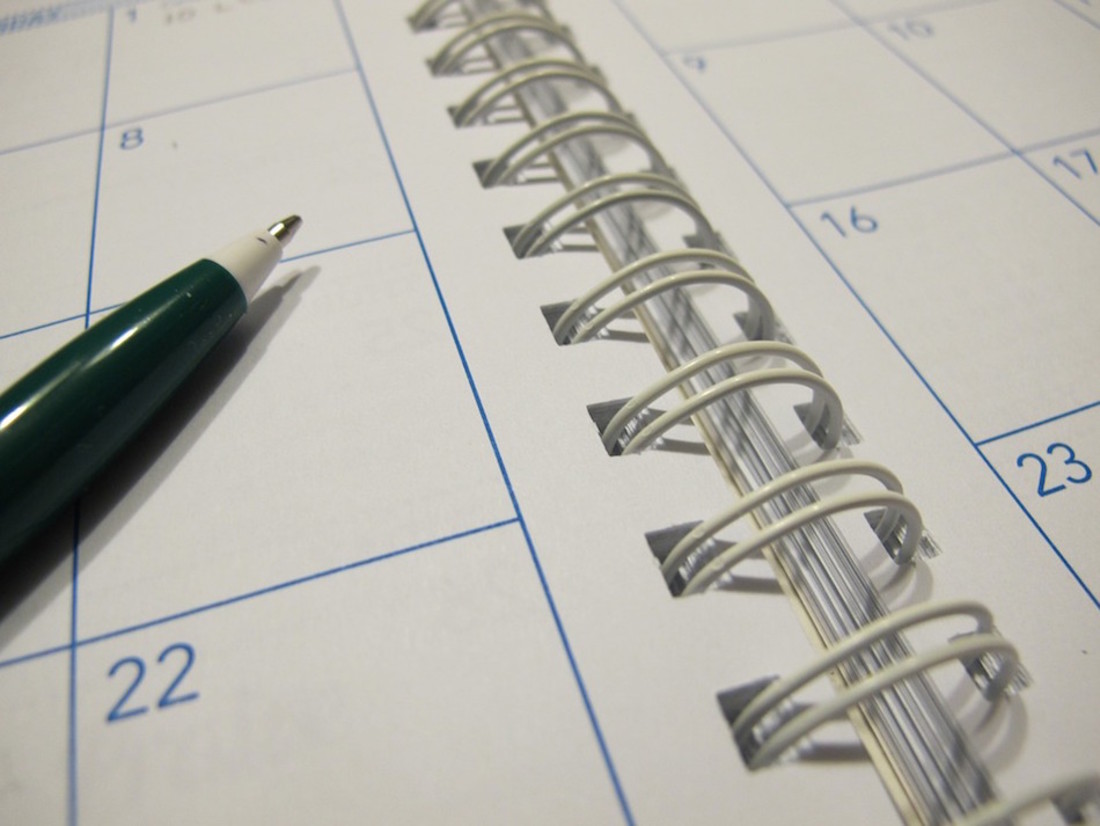
According to AcuTake, you shouldn't schedule your appointment right before or after something that will stress you out. Treatment is most effective if you aren't under a lot of pressure. You don't have to go lie down before and after your appointment at all, but don't schedule it the night before a huge presentation, and don't come straight from a tough workout at the gym.
Do you think you'll try acupuncture now? Please SHARE with your family and friends on Facebook!



